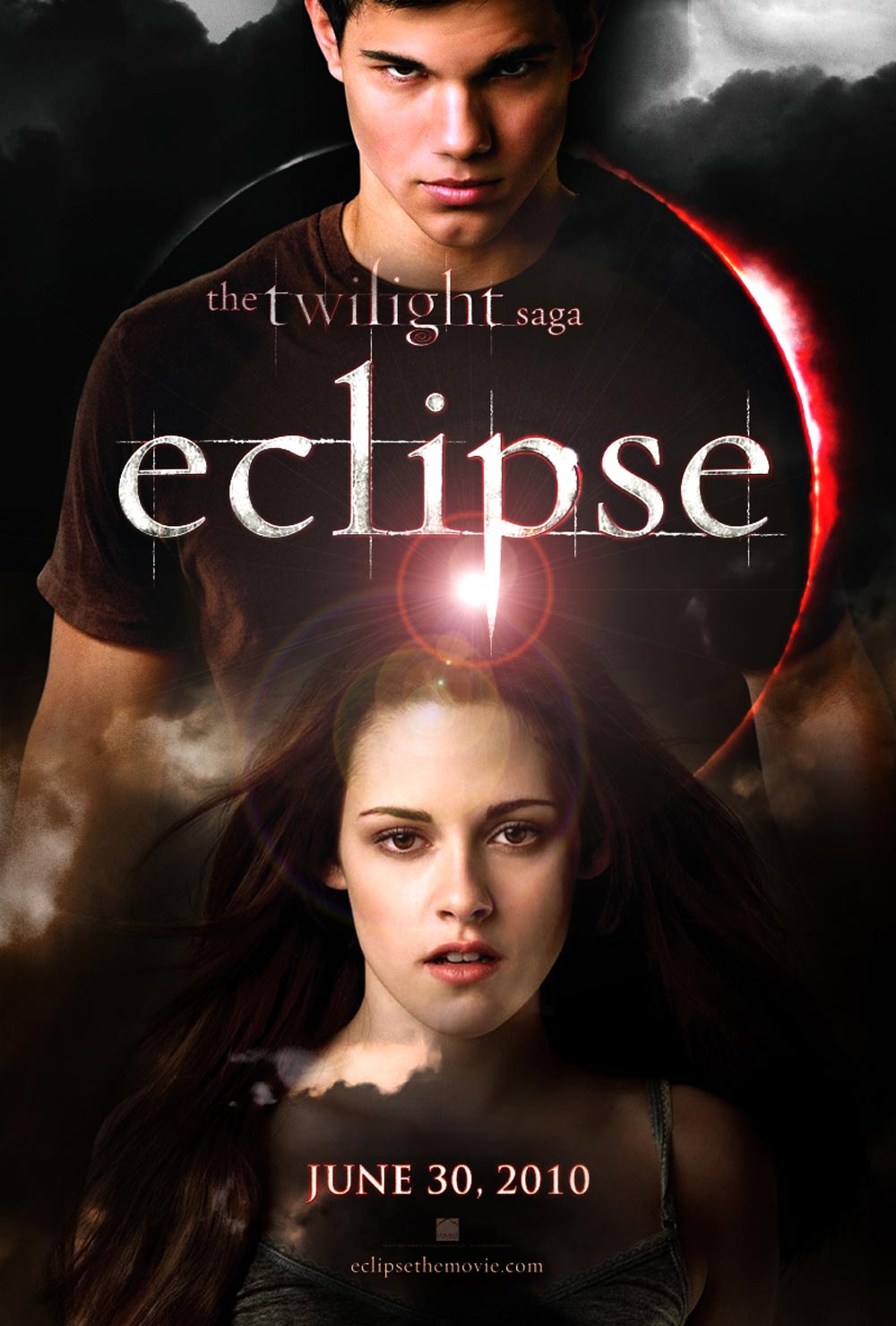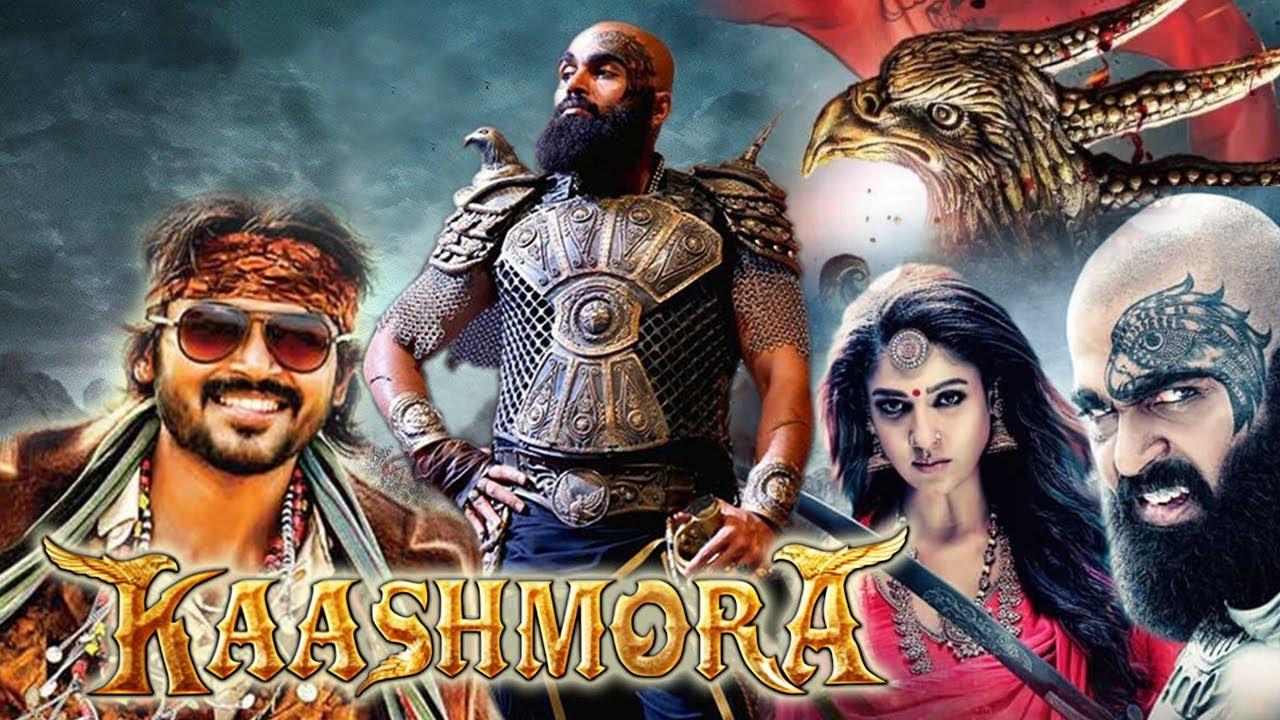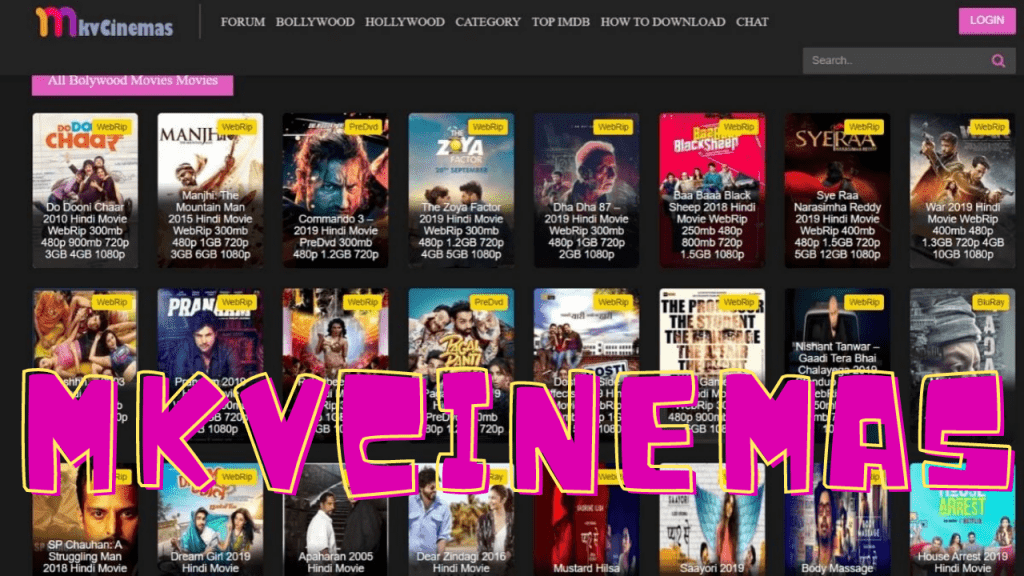The digital age has revolutionized the way we consume media, with movies being a primary form of entertainment. As technology has evolved, so have the formats in which movies are stored and played. Among these formats, the MKV file format has gained significant popularity for its versatility and superior quality. But what exactly is an MKV movie, and why has it become a preferred choice for many movie enthusiasts? This comprehensive guide unravels the intricacies of the MKV format, offering insights into its features, advantages, and how it compares to other popular formats.
MKV, short for Matroska Video, is an open-standard free container format that can hold an unlimited number of video, audio, and subtitle tracks. Its flexibility and capacity to encapsulate different types of multimedia files make it a powerful tool for movie enthusiasts who seek high-quality viewing experiences. Unlike other formats, MKV files can store complete movies with multiple audio tracks and subtitles, all within a single file. This characteristic has made MKV movies a popular choice for those who appreciate foreign films, director's cuts, or movies with bonus content. In this article, we delve into the technical aspects of MKV movies, their benefits, and how to make the most out of this format.
From understanding the technicalities behind the MKV format to exploring its practical applications, this guide provides a thorough examination of everything related to MKV movies. We will discuss how to play MKV files, the best software options available, and common issues users encounter. Additionally, we will explore how MKV movies compare to other formats like MP4 and AVI, offering a balanced perspective on when and why you might choose MKV over other options. Whether you're a tech-savvy movie buff or just curious about the advantages of MKV movies, this guide is designed to enhance your understanding and appreciation of this remarkable format.
Table of Contents
- The Origins of MKV: A Brief History
- Understanding the MKV Format
- Key Features of MKV Movies
- Advantages of Using MKV Movies
- MKV vs Other Formats: A Comparison
- How to Play MKV Movies
- Best Software for MKV Playback
- Converting MKV Movies to Other Formats
- Editing MKV Movies: Tools and Tips
- Working with Subtitles in MKV Movies
- Common Issues and Troubleshooting
- The Future of MKV Movies
- Frequently Asked Questions
- Conclusion
The Origins of MKV: A Brief History
The MKV format, also known as Matroska, was first introduced in 2002 by a team of developers led by Lasse Kärkkäinen. Named after the Russian word for "nesting doll," Matroska was designed to be a flexible multimedia container capable of holding numerous video, audio, and subtitle tracks in a single file. The format was developed with the goal of creating an open-standard alternative to proprietary formats like AVI and MP4, offering users more control over their multimedia content.
Matroska's development was guided by the principle of providing a robust, free, and open-source platform for digital multimedia. This philosophy has contributed to its widespread adoption and support by various media players and software applications. Over the years, Matroska has continued to evolve, incorporating new features and improvements to meet the changing needs of users and the advancements in technology.
Today, MKV is recognized as one of the most versatile and efficient container formats available, praised for its ability to store high-quality video, multiple audio tracks, and subtitles in a single file. Its open-source nature ensures continuous improvement and adaptation to emerging trends and technologies, solidifying its place as a preferred choice for movie enthusiasts and professionals alike.
Understanding the MKV Format
The MKV format is a container format, which means it can hold various types of multimedia content within a single file. This makes it exceptionally versatile, as it can encapsulate video, audio, and subtitle tracks all together. Unlike other formats that are limited to specific types of media, MKV can accommodate virtually any kind of codec, making it highly adaptable and future-proof.
One of the standout features of MKV is its ability to support multiple audio tracks and subtitles, which is particularly useful for movies that are available in different languages. This means users can switch between audio tracks or subtitles without needing multiple files or complicated setups. Additionally, MKV supports advanced features such as chapter markers, menu support, and metadata tagging, further enhancing the viewing experience.
Despite its many advantages, the MKV format is not without its challenges. Due to its complexity and the variety of codecs it can support, some media players may struggle to play MKV files without additional software or plugins. However, with the right tools and understanding, these challenges can be easily overcome, allowing users to fully enjoy the benefits of MKV movies.
Key Features of MKV Movies
MKV movies are known for their rich feature set, which sets them apart from other video formats. Some of the key features include:
- Multiple Audio and Subtitle Tracks: MKV files can contain several audio tracks and subtitles, making them ideal for multilingual movies and those with commentary tracks.
- High-Quality Video: The MKV format supports high-definition video content, making it a preferred choice for those who prioritize video quality.
- Extensive Codec Support: MKV is compatible with a wide range of video and audio codecs, offering flexibility and versatility in media playback.
- Chapter Support: Just like DVDs and Blu-rays, MKV files can include chapter markers, allowing users to navigate through the movie easily.
- Menu and Metadata: Advanced features such as interactive menus and detailed metadata tagging are supported, enhancing the user experience.
These features make MKV movies a powerful tool for both casual viewers and media professionals, offering a level of flexibility and control that is unmatched by other formats.
Advantages of Using MKV Movies
There are several advantages to using MKV movies, which have contributed to their growing popularity. Some of these benefits include:
- Flexibility: The ability to store multiple types of media in a single file makes MKV incredibly flexible and convenient.
- Quality: With support for high-definition video and lossless audio codecs, MKV files offer superior media quality.
- Open-Source: As an open-standard format, MKV is free to use and constantly evolving, ensuring compatibility with the latest technology.
- Comprehensive Features: From multiple audio tracks to advanced metadata tagging, MKV provides features that enhance the viewing experience.
- Future-Proof: The format's adaptability and support for an extensive array of codecs make it future-proof, ready to accommodate emerging media trends.
These advantages make MKV movies an attractive option for those who want a versatile, high-quality, and future-ready media solution.
MKV vs Other Formats: A Comparison
When comparing MKV to other popular formats like MP4 and AVI, several differences and similarities emerge. While each format has its strengths and weaknesses, MKV stands out for its flexibility and feature set.
MP4
MP4 is one of the most widely used video formats, known for its compatibility with various devices and platforms. However, it is more limited in terms of supporting multiple audio tracks and subtitles compared to MKV. While MP4 is great for its simplicity and compatibility, it lacks the comprehensive features that MKV offers.
AVI
AVI is another popular format, particularly for older devices and systems. It supports high-quality video and audio but is less efficient in terms of file size compared to MKV. AVI also has limited support for subtitles and doesn't offer the same level of flexibility as MKV.
In terms of file size, MKV is generally more efficient than AVI but can be larger than MP4 due to its ability to store multiple tracks and high-quality content. Ultimately, the choice between formats depends on the user's priorities—whether it's compatibility, file size, or feature set.
How to Play MKV Movies
Playing MKV movies requires a media player that supports the MKV format and the codecs used within the file. Fortunately, there are several options available, both free and paid, that can handle MKV playback with ease.
VLC Media Player
VLC Media Player is one of the most popular choices for playing MKV movies, thanks to its open-source nature and extensive codec support. It is available on multiple platforms, including Windows, macOS, and Linux, and can handle almost any media file you throw at it.
PotPlayer
PotPlayer is another excellent choice for MKV playback, offering a sleek interface and advanced features. It provides extensive customization options and supports a wide range of codecs, making it a versatile player for MKV files.
KMPlayer
KMPlayer is known for its high-quality playback and support for various media formats, including MKV. It also offers features like 3D video support and VR playback, making it a comprehensive choice for movie enthusiasts.
By choosing the right media player, users can enjoy MKV movies without any compatibility issues, ensuring a smooth and enjoyable viewing experience.
Best Software for MKV Playback
In addition to the media players mentioned above, there are several other software options available for MKV playback, each offering unique features and benefits.
GOM Player
GOM Player is known for its simplicity and ease of use, making it an excellent choice for those who want a straightforward player for MKV movies. It supports a wide range of codecs and provides features like subtitle downloads and 360-degree video playback.
Media Player Classic - Home Cinema (MPC-HC)
MPC-HC is a lightweight and open-source media player that offers excellent MKV playback capabilities. It is highly customizable and supports a wide range of codecs, making it a reliable choice for users who prefer a minimalist interface.
DivX Player
DivX Player is a feature-rich media player that supports MKV playback and offers additional features like streaming to DLNA-compatible devices and high-quality video conversion. It is a great option for those who want more than just a basic player.
Choosing the right software for MKV playback depends on personal preferences and the specific features users are looking for. Whether it's simplicity, customization, or advanced features, there's a software solution that fits every need.
Converting MKV Movies to Other Formats
There are times when users may need to convert MKV movies to other formats for compatibility reasons or to reduce file size. Fortunately, there are several tools available that make this process straightforward and efficient.
HandBrake
HandBrake is a popular open-source video transcoder that supports converting MKV files to formats like MP4 and AVI. It offers a range of presets for different devices, making it easy to convert videos for playback on various platforms.
Freemake Video Converter
Freemake Video Converter is a user-friendly tool that supports a wide range of input and output formats, including MKV. It offers features like batch conversion, video editing, and DVD burning, making it a versatile choice for users.
Any Video Converter
Any Video Converter is known for its fast conversion speeds and support for numerous formats. It provides features like video editing, downloading videos from online platforms, and converting MKV files to formats like MP4, WMV, and more.
By using these tools, users can easily convert MKV movies to other formats, ensuring compatibility with their devices and media players.
Editing MKV Movies: Tools and Tips
Editing MKV movies can be a rewarding process, allowing users to customize their viewing experience, add personal touches, or create new content from existing footage. There are several tools available that make editing MKV files straightforward and efficient.
MKVToolNix
MKVToolNix is a comprehensive suite of tools designed specifically for working with MKV files. It allows users to merge, split, and edit MKV movies, providing a range of options for customizing and managing MKV content.
Adobe Premiere Pro
For those looking for a more professional editing solution, Adobe Premiere Pro offers extensive features and capabilities for editing MKV movies. Its intuitive interface and powerful tools make it an excellent choice for both beginners and experienced editors.
Shotcut
Shotcut is a free, open-source video editor that supports MKV files and offers a range of editing tools. It provides features like multi-track timeline editing, filters, and effects, making it a versatile choice for users looking to edit MKV movies.
By using these tools, users can effectively edit MKV movies, enhancing their content and creating customized viewing experiences.
Working with Subtitles in MKV Movies
One of the standout features of MKV movies is their support for multiple subtitle tracks. This makes it easy to enjoy foreign films, add subtitles for accessibility, or include commentary tracks. Here's how to work with subtitles in MKV movies:
Adding Subtitles
To add subtitles to an MKV movie, users can use tools like MKVToolNix to merge subtitle files with the video. This process involves selecting the video file, adding the subtitle track, and saving the new MKV file.
Editing Subtitles
Editing subtitles in MKV movies can be done using subtitle editing software like Subtitle Edit or Aegisub. These tools allow users to modify text, adjust timing, and customize subtitles to match their preferences.
Downloading Subtitles
For those looking to download subtitles, websites like OpenSubtitles and Subscene offer a wide range of subtitle files for various movies and languages. These files can be easily integrated into MKV movies using the tools mentioned above.
By working with subtitles, users can enhance their MKV movie experience, ensuring accessibility and enjoyment for audiences of all backgrounds.
Common Issues and Troubleshooting
While MKV movies offer a range of benefits, users may encounter some common issues during playback or conversion. Here are some troubleshooting tips to address these challenges:
Codec Compatibility
One of the most common issues with MKV movies is codec compatibility. If a media player doesn't support the codecs used in an MKV file, it may result in playback errors. To resolve this, users can install codec packs like K-Lite Codec Pack or use media players with extensive codec support like VLC.
Subtitle Sync Issues
Subtitle synchronization issues can occur when the timing of subtitles doesn't match the video. This can be adjusted using subtitle editing software or media players that offer subtitle delay options.
File Corruption
Corrupted MKV files may result in playback issues. Users can attempt to repair these files using tools like Meteorite, which is designed to fix minor corruption in MKV files.
By addressing these common issues, users can ensure a seamless and enjoyable experience when working with MKV movies.
The Future of MKV Movies
The future of MKV movies looks promising, with continued advancements in technology and media consumption trends. As more devices and platforms support the MKV format, its popularity is likely to grow, offering users even more flexibility and quality in their media experiences.
Emerging technologies like 4K and 8K video, virtual reality, and immersive audio present new opportunities for MKV movies to shine. The format's ability to adapt and accommodate these advancements ensures its relevance in the ever-evolving digital landscape.
As an open-source format, MKV will continue to benefit from community-driven development and innovation, making it a reliable and future-proof choice for movie enthusiasts and professionals alike.
Frequently Asked Questions
What is an MKV movie?
An MKV movie is a video file stored in the Matroska format, which is a flexible container capable of holding multiple video, audio, and subtitle tracks within a single file.
How can I play MKV movies on my device?
To play MKV movies, you need a media player that supports the MKV format, such as VLC Media Player, PotPlayer, or KMPlayer. These players offer comprehensive codec support and are available on various platforms.
Can I convert MKV movies to other formats?
Yes, MKV movies can be converted to other formats like MP4 or AVI using video conversion tools such as HandBrake, Freemake Video Converter, or Any Video Converter.
How do I add subtitles to an MKV movie?
Subtitles can be added to an MKV movie using tools like MKVToolNix, which allows you to merge subtitle files with the video. Subtitle editing software can also be used to customize subtitle timing and appearance.
What are the advantages of using MKV movies over other formats?
MKV movies offer advantages such as support for multiple audio and subtitle tracks, high-quality video, extensive codec compatibility, and advanced features like chapter markers and metadata tagging.
Are there any common issues with MKV movies, and how can I troubleshoot them?
Common issues with MKV movies include codec compatibility, subtitle sync problems, and file corruption. These can be addressed by using media players with extensive codec support, subtitle editing tools, and file repair software.
Conclusion
MKV movies have carved out a significant niche in the world of digital media, offering unparalleled flexibility, quality, and features. As an open-source format, MKV continues to evolve, adapting to the latest technological advancements and user preferences. Whether you're a casual viewer or a media professional, understanding the intricacies of the MKV format can enhance your viewing experience and provide you with the tools to make the most of your multimedia content. By exploring the options for playback, conversion, editing, and troubleshooting, you can unlock the full potential of MKV movies and enjoy a seamless and immersive media experience.
Adriana Daughter: An In-Depth Look At Her Life And Legacy
Sophieaspinx: An In-Depth Exploration Of The Rising Star
The Enigmatic Presence Of Dominique In Poltergeist: A Comprehensive Exploration


